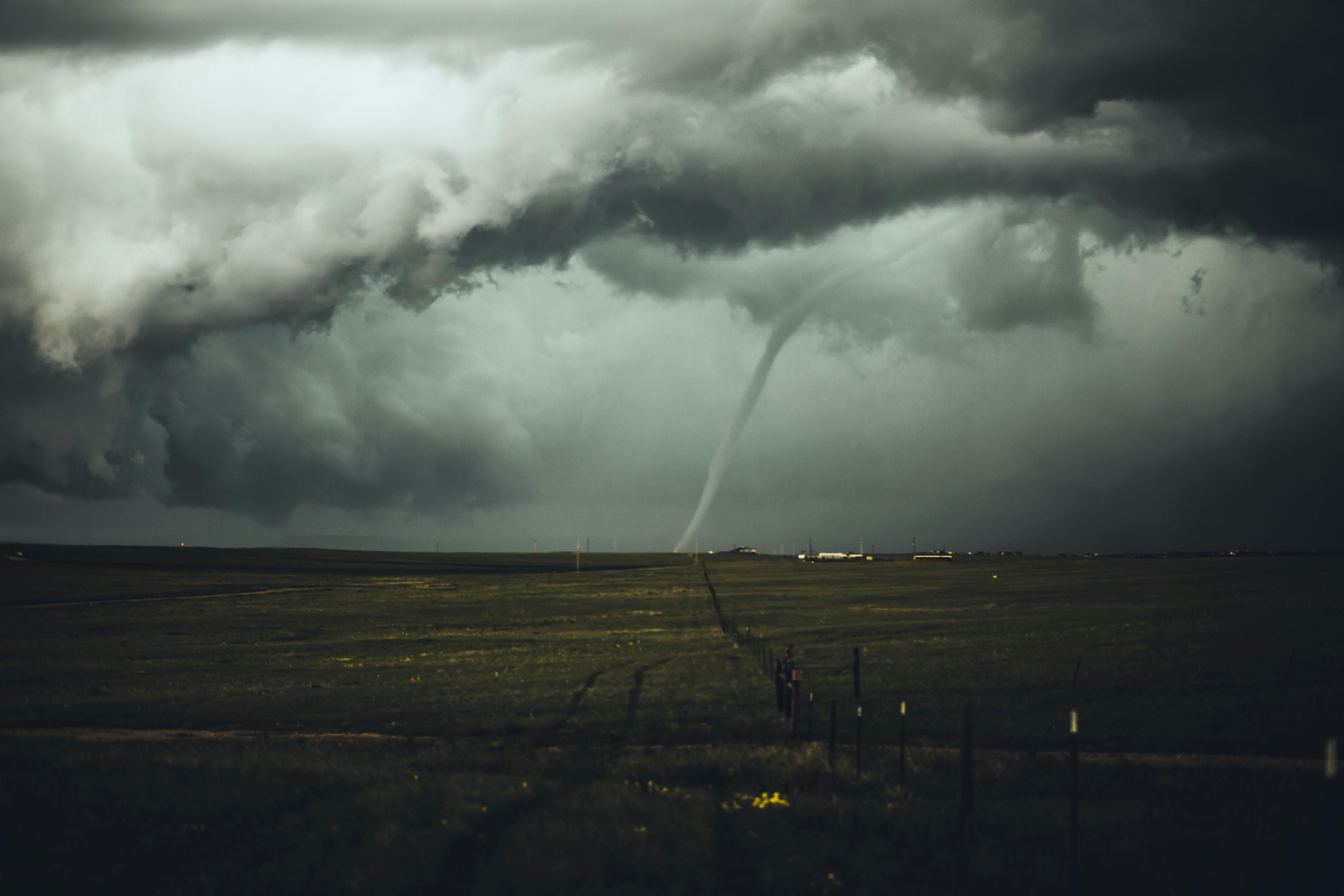Every business, regardless of size or industry, faces certain risks that can lead to substantial financial losses or even threaten its survival. Insurance is crucial for mitigating these risks, allowing business owners to focus on growth rather than unexpected setbacks. Here, we’ll explore the top five risks every business owner should insure against and the coverage options available to address them.
Liability claims can arise from accidents, injuries, or damages that occur on your premises or due to your products or services. These claims can lead to significant legal costs and settlements:
- General Liability Insurance: Covers claims related to third-party injuries, property damage, and advertising errors.
- Product Liability Insurance: Essential for product-based businesses to protect against claims of injury or damage caused by their products.
- Professional Liability Insurance: Protects service-based businesses against claims of negligence or inadequate service.
Unexpected events such as fires, floods, or vandalism can cause extensive damage to a business's property, disrupting operations and incurring costly repairs:
- Property Insurance: Covers damage to buildings, equipment, and inventory from covered events like fire or theft.
- Business Interruption Insurance: Compensates for lost income if your business has to close temporarily due to property damage.
For businesses that operate in areas prone to natural disasters, additional policies may be necessary to cover events such as earthquakes or floods, which are often excluded from standard property insurance.
Employees are a vital part of any business, and ensuring their safety is both a legal and ethical obligation. Employee-related risks can result in costly lawsuits and reputational harm if not managed properly:
- Workers' Compensation Insurance: Covers medical expenses and lost wages for employees who experience work-related injuries or illnesses.
- Employment Practices Liability Insurance: Protects against claims related to wrongful termination, discrimination, or harassment.
By providing this coverage, businesses demonstrate their commitment to employee well-being, which can enhance morale and reduce turnover.

In today’s digital landscape, businesses are increasingly vulnerable to cyberattacks and data breaches, which can compromise sensitive information and harm a company’s reputation:
- Cyber Liability Insurance: Covers costs associated with data breaches, including customer notification, credit monitoring, and legal fees.
- Business Continuity Planning: While not a form of insurance, creating a plan for data recovery and business continuity after a cyber incident is essential.
Cyber insurance not only provides financial protection but also often includes resources for preemptive security assessments and crisis response planning.
Natural disasters can be particularly devastating for businesses, often leading to prolonged closures and extensive property damage. Insurance coverage for these events is crucial for long-term resilience:
- Natural Disaster Insurance: Standard property insurance typically does not cover natural disasters like earthquakes and floods, so specialized coverage is necessary in high-risk areas.
- Business Interruption Insurance: Provides compensation for lost income and operational expenses during temporary closures caused by catastrophic events.
Having these policies in place allows businesses to recover more quickly after a disaster, helping them resume operations with minimal financial strain.

By insuring against these top five risks, business owners can better protect their companies from potentially devastating financial losses. Whether it’s liability claims, property damage, employee risks, cybersecurity threats, or natural disasters, having comprehensive coverage helps ensure your business is prepared for the unexpected. Investing in the right insurance policies is a key step toward building a resilient and successful business.



